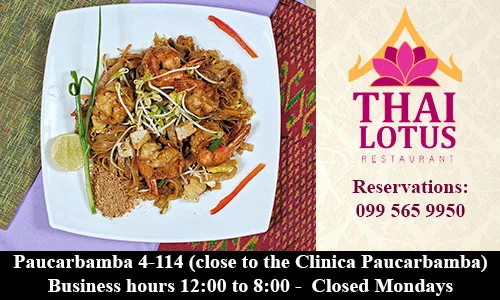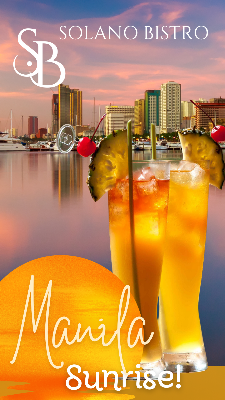Ten Quechua words that are widely used in Spanish — and in English too
Editor’s note: Although hundreds of Quechuan words have been incorporated into the Spanish spoken in the Andean region of Ecuador, Peru and Bolivia (notable examples include achachay for cold, borracho for drunk and chuchaqui for hung over), many others have become part of the Spanish language almost everywhere. A few Quechuan words are in common use in English too. Here are 10 notable examples.
By Juan Arellano
Quechua, or Quichua, the language of the Inca Empire, has had nearly 500 years of contact with Spanish, so it makes sense that each language has influenced the other. The most obvious way, besides the distinctly Quechua flavor that permeates the speech of those bilingual in both languages, are loan words. Everyday Quechua includes many words of Spanish origin, and visa versa, although sometimes that is not as well known.

In Spaish-speaking countries, a football field is called a cancha.
A large amount of words for animals and agricultural products in Peru were incorporated with slight modifications into Spanish from Quechua, such as llama, guanaco, vicuna (just to name South American camelid species), potato, quinoa, avocado and lucuma. But there are many more words that you might not realize came from Quechua.
The following is an informal and non-exhaustive list.
1. Cancha (soccer field)
This word, which comes from the Quechua kancha, is used throughout Spanish-speaking America to describe the site where a game, especially a soccer game, is held. But it has also other, more local meanings. For example, toasted corn is called also cancha or canchita…yum.
2. Poncho (woolen wrap)
This word is used almost globally, but the Real Academia Española (Royal Spanish Academy, the Madrid-based institution which publishes guidelines for the Spanish language) does not recognize it as Quechua.
The word’s origin is uncertain; however, the Quechua word punchu has the same meaning, so unless there is an opinion to the contrary, we have decided to include it on this list. Poncho can also have a different meaning in some South American countries, for example, in this usual usual phrase: No dejarse pisar el poncho (Don’t let yourself step on the poncho), which means that you shouldn’t let yourself be humiliated or intimidated.
3. Cura (priest)
Cura is a colloquial word for a priest. It’s used in almost all Spanish-speaking South America, and its origin is the Quechua word kuraq or kurakas, used to refer to the head of a community in the Inca Empire. The phrase hijo de cura (son of a cura), which at one time was considered an insult referring to a person’s illegitimate birth, is used in some places as a sarcastic comment to point out that someone is being overlooked.
4. Gaucho (Argentinian cowboy)
The word gaucho, which refers to cowboys from the Pampas region in the north of Argentina, is used worldwide to refer to Argentinians in general. Its origin may be related to the Quechua word wakcha, which means orphan, and it has gave rise to the Peruvian word huacho, that means alone.
5. Morocho (dark-skinned person)
Morocho comes from the Quechua word muruch’u, which is a variety of hard corn. Its most common meaning in Spanish is a dark-skinned person. In some countries, it is used for people with fair skin but black hair. By extension, it also applies to animals with black skin. In Ecuador, particularly in the area around Cuenca, morocho is a delicious thick drink.
6. Chacra (ranch)
In several South American countries, the word chacra is used instead of ranch, meaning a house surrounded by cultivated fields in a rural area. It comes from the Quechua word chajra or chakra, meaning a small partition of arable land. In Peruvian slang, chacra means that something is badly done.
7. Chullo (hat with earflaps)
Some artists like to wear this Peruvian fashion garment, whose name comes from Quechua, as an exotic touch. The term comes from ch’ullu, meaning a cap with earflaps, traditionally made of alpaca wool.
8. Carpa (tent)
In South America and in Spain, including in Catalan, which is spoken in Catalonia (the above tweet is in Catalan), a carpa is a tent; even a big circus tent is called a carpa. The word karpa is its Quechua origin. Some South American countries have a more colloquial use of this word: Estar carpa (to be like a circus tent), a phrase with a very adult meaning.
9. Pucho (cigarette butt)
This word, which comes from the Quechua word puchu, is generally used to describe cigarette butts or half-smoked cigars, though it is also used in some countries to describe a whole cigarette. In others countries, when it is used as part of the phrase sobre el pucho, it means immediately or at once.
10. Guano
Guano is believed to come from the Quechua word wanu, and was originally used to name the seabird droppings used as fertilizer. By extension, it is also used to describe other animal droppings. Its use is more widespread than you might think. Another version of the word’s origin says that it came from a pre-Inca community in the central Ecuadorian Andes, near present-day Riobamba. The Guanos were fierce warriors and were never fully conquered by the Inca. They were, however, soundly beaten by Spanish troops in in the early 1700s. The town of Guano bears their name.





















